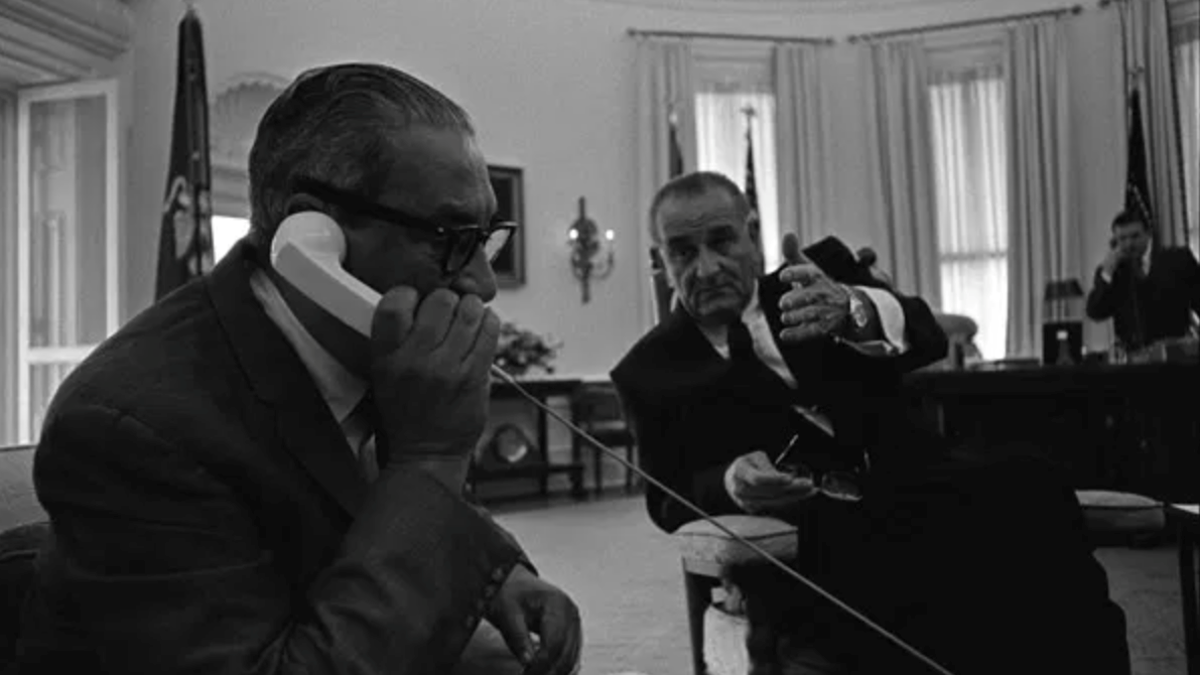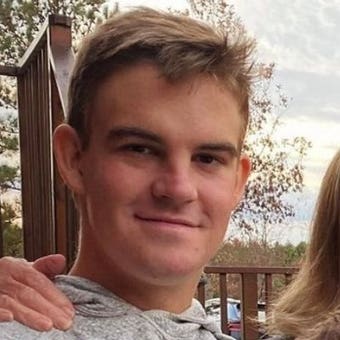Thurgood Marshall, the great-grandson of a slave, became the first Black Supreme Court Justice in 1967, but his fight for civil rights started long before he ascended to the highest court.
Marshall was born in Baltimore in 1908 and grew up in a time when Jim Crow laws dominated most of the country. His experience of racial segregation, combined with his early exposure to the law, motivated him to become a lawyer and judge.
As a punishment for a prank he pulled in high school, Marshall's principal made him read the Constitution, which he was immediately captivated by.
ROSA PARKS: WHAT TO KNOW ABOUT THE 'MOTHER OF THE CIVIL RIGHTS MOVEMENT'
After graduating from Lincoln University, a historically black college, he was turned down from the University of Maryland School of Law due to his race, so he attended Howard University School of Law and graduated first in his class.

Thurgood Marshall (National Archives)
Vice President Kamala Harris cited Marshall as her inspiration to attend Howard University and was sworn into office as vice president last month on a Bible that belonged to Marshall.
Almost immediately after graduating, Marshall started chipping away at segregation by challenging the University of Maryland's policy against accepting Black applicants.
He won that case, Murray v. Pearson, in 1935, and joined the staff of the NAACP a year later.
BLACK HISTORY MONTH 2021 FOCUSING ON 'THE FAMILY' AS A THEME
Marshall went on to win 29 of the 32 cases he argued before the Supreme Court, including Brown v. Board of Education of Topeka (1954), a watershed moment for desegregation in the United States.

Thurgood Marshall with President Lyndon B. Johnson in the Oval Office (National Archives)
President John F. Kennedy nominated Marshall to the U.S. Court of Appeals for the Second District in 1961, and President Lyndon Johnson appointed Johnson to the third-highest position in the Justice Department as solicitor general in 1965.
Two years after that, President Johnson nominated Marshall to the Supreme Court.

President Lyndon B. Johnson nominated Thurgood Marshall to the Supreme Court in 1967 (National Archives)
"I believe he earned that appointment; he deserves the appointment. He is best qualified by training and by very valuable service to the country," President Johnson said on June 13, 1967.
"I believe it is the right thing to do, the right time to do it, the right man and the right place."
CLICK HERE TO GET THE FOX NEWS APP
Marshall retired from the Supreme Court in 1991 and died on Jan. 24, 1993, leaving behind a lasting legacy on civil rights.












































